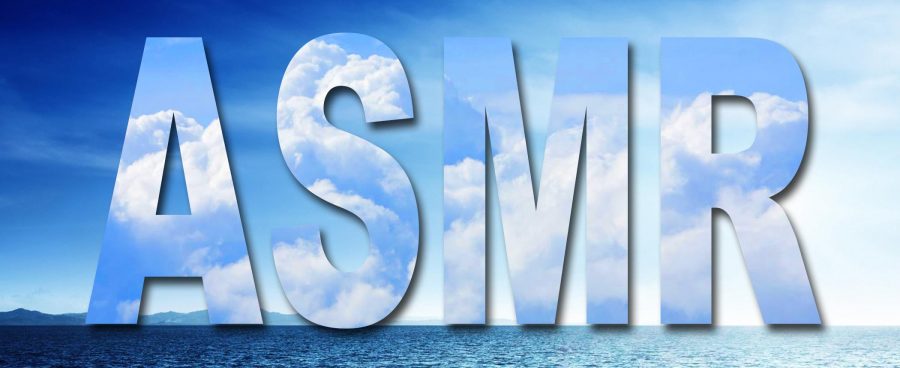ASMR, a strange solution to sleeplessness
ASMR, or Autonomous Sensory Meridian Response, is a weird tingling sensation that some people experience when they are exposed to certain stimuli. Many people who experience it use ASMR videos to help them deal with things like insomnia or anxiety.
April 27, 2017
I adore sleep more than a lot of things in this world, but I often find it hard to reach that state, and I know that there are many who experience a similar problem. I frequently lie awake for what feels like hours, unable to find the perfect position to induce my slumber, and when I have tried sleeping medication they have only made me feel groggy and low-energy the next day. I needed a new solution.
My friend showed me videos of Autonomous Sensory Meridian Response, or ASMR, for the first time a few months ago, and at first, I thought it was a joke. The 20-minute-long YouTube video consisted of a woman looking straight into the camera and whispering into her microphone, and all I felt was creeped out. I told him that I didn’t think it was for me, but he did not get defensive. Instead, he simply told me to try it if I was having trouble sleeping.
I forgot about it for a little while, but a few weeks later when I couldn’t sleep, I plugged in some headphones and opened up YouTube. As I laid in bed and listened to this video, (https://www.youtube.com/watch?v=_RjhsY06mOI) I experienced a sensation in the back of my head that I had felt many times before, but had never been able to explain.
For me, I remember experiencing ASMR for the first time in Mrs. Klubnick’s fifth-grade classroom. My friend Monty was flipping through a large textbook, and the overwhelming flipping sounds that it produced, made me relaxed and sent chills down my back.
ASMR is a tingling sensation that is usually most powerful on your scalp or the back of your neck. Although there are many things that prompt ASMR, it is most frequently triggered by quiet sounds like whispering or brushing, and though it happens to many people, there are also a lot of people who don’t experience it whatsoever. The term ASMR was first coined in 2010, but the sensation has existed for a lot longer, with creators like Bob Ross bringing it to light. It was with the creation of video platforms like YouTube that this indescribable feeling began to accumulate a following.
Though little research has been done on ASMR and its effects on the human body, it is believed that as well as helping people who have insomnia, it can also act as a treatment for things like anxiety and depression. While there is very little known about it at this point, the larger ASMR community is working towards understanding how it works and its potential benefits. One of these unanswered questions is whether anyone can experience it, or if it is something that only certain people can feel. At this point, the latter is most widely believed, however, there is very little research to qualify any definitive answer at this point.
Although I was certainly skeptical at first, and I don’t blame anyone for feeling the same, I have since found that ASMR can really help me when I can’t sleep, and I recommend that anyone who has a similar problem give it a try.



